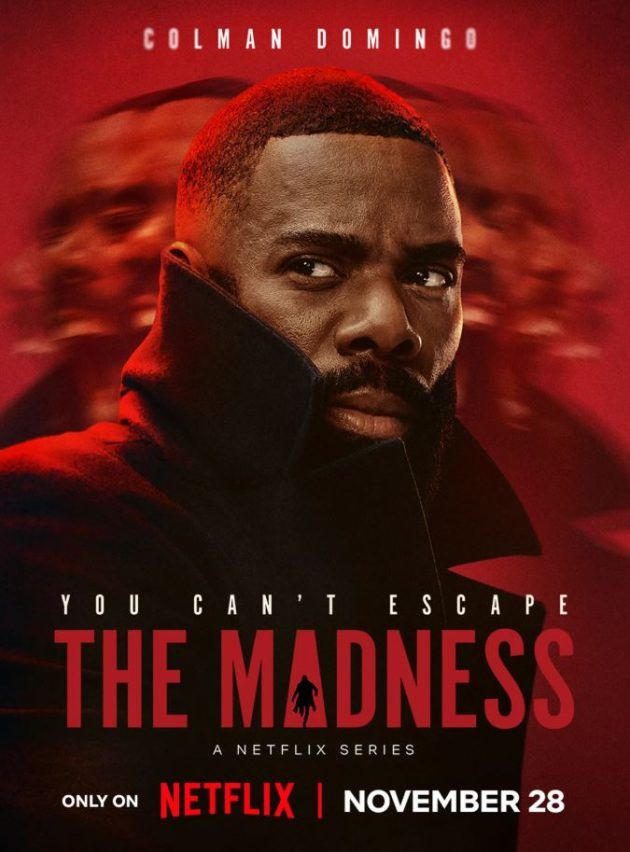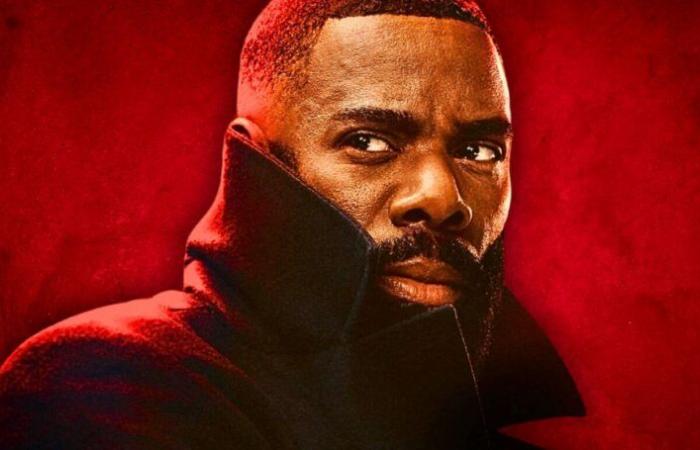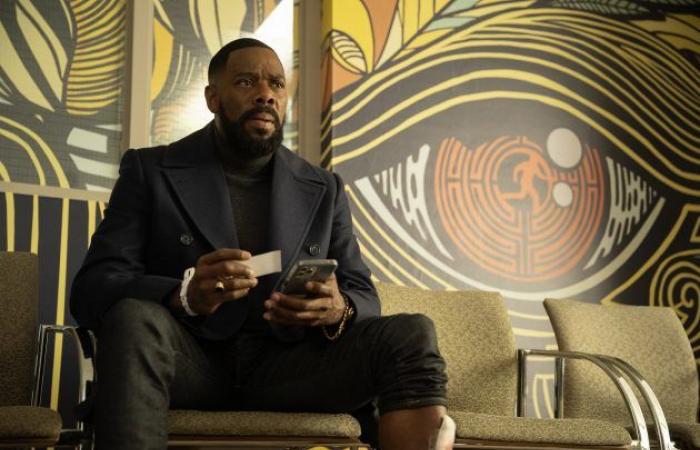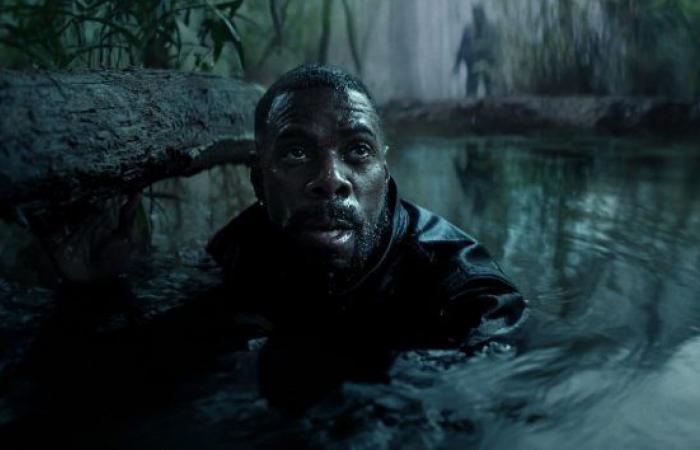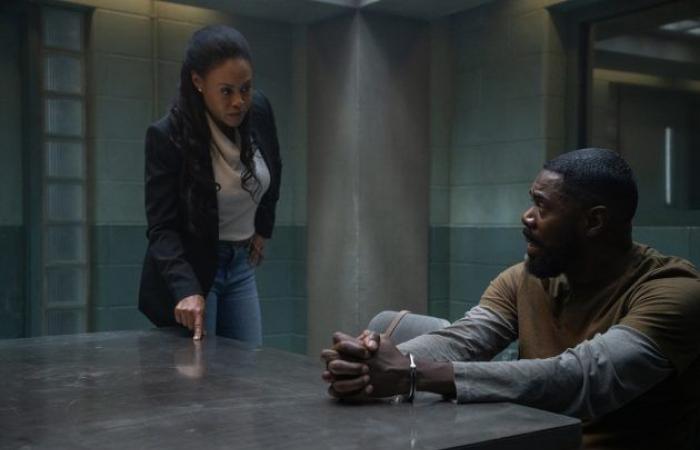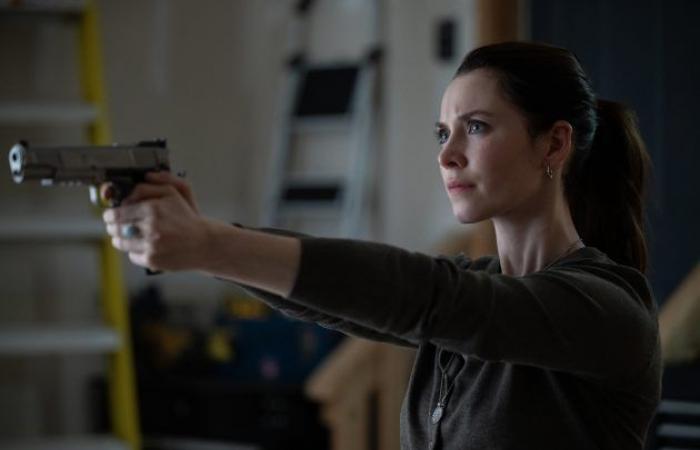Den of American Madness
Is there a better witness to the history of the USA than these films (or series) which appear from time to time to make the same observation each time: “what a crazy country, all the same. » Whether for the assassination of JFK, the Cold War, September 11, the invasion of Iraq and so on, the United States has overwhelmed the collective imagination with its unpredictable nature. The chaos of its politics and the mystery of its ambitions (which gave rise to conspiracy theories) have made this nation a Kafkaesque empire ideal for fiction dystopian and anxiety-provoking.
The reversals of values, the untruths, the media delusions: everything seems plausible. It is for this reason that the genre of the paranoid story has always been prolific in the USA (Because of an assassination, JFK, Los Angeles Invasion). An often justified paranoia among a hero who finds himself alone against everyone. He who is the victim or spectator of a large-scale conspiracy. Everyone will call him crazy. Justice will hunt him down to stop him. However, this samaritan in his right mind will seek to demonstrate that the madness is elsewhere. And this is precisely what it says The Madness. A new attempt for fiction to observe American confusion, in the fashion of 2024.
When The Madness starts, we have more the impression of being in Alan Wake than in a classic thriller. This is not a fault, on the contrary. The mystery manages to settle in very quickly and from the first episodeeven before anything weird happens. Because in fact, the framework that we are given is quite suspicious. Muncie Daniels (Colman Domingo), a disgraced journalist, takes refuge in a remote cabin in Pennsylvania to write his book.
Barely does his first interaction with his only neighbor exude unease. Muncie is an African-American celebrity and the series easily succeeds in making us feel the gravity of the gaze on him, especially when the hostility escalates. Like in a Jordan Peele movieracism appears particularly terrifying when it is in the air. It then seems polymorphic and capable of emerging from anywhere without warning. This is exactly what happens when Muncie discovers his neighbor's bodywho the police later identified as a well-known white supremacist. Everything then points to the journalist as suspect number 1, for absurd reasons.
It’s a mad world
The best idea of The Madness this is its starting point. The suspense of the first episodes is very tangible, because, beyond the adventures it brings (we have plot, chase scenes, interrogations… everything we can expect) it remains connected to a commentary policy that touches on the concrete. HAS the post-truth era where facts are as malleable as opinions, the series initially addresses the inversion of power relations, for the benefit of a systemic racism which seems impossible to beat.
Even though he is a wealthy and influential figure, Muncie is immediately the loser in the face of seemingly very crude accusations. And even being a depoliticized individualthe fact that he is African-American automatically politicizes him in the eyes of everyone. He is considered an activist in spite of himself, and capable of murder under the pretext that the victim was a supremacist. A false truth which corresponds to an already preconstructed media imagination. Muncie, with death on his heels, decides to go solo and defy the authorities to find the truth himself. A classic. But in this context, it's enough to make us want to follow him until the end of these 8 episodes.
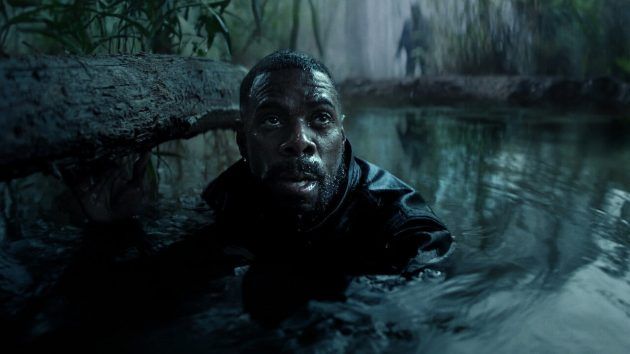
In the rest of the story, The Madness manages a little less to surprise in its writing, but remains very effective in its modern paranoid thriller formula. The genre also serves to entertain after all and the series does it well. Its scenario is dense and has the good taste of not going too much in circles, by tightening up on two main plots (one from the point of Muncie and his family and the other from the side of a fairly successful secondary character) who advance at a good pace without getting scattered.
The pace of the action is sustained and we like to see Muncie confront hitmen at one point, then fight on the media and legal level later. We thus alternate regularly between The Fugitive et Gone Girl (two excellent references, therefore), without one tone harming the other. Quite the contrary. All this refers to the central point of The Madness who will be the choice of weapons (between violence or influence) in the political fight. A reflection that the series will have the good idea of not completely deciding in the end and that it stages in different concrete situations throughout the story.
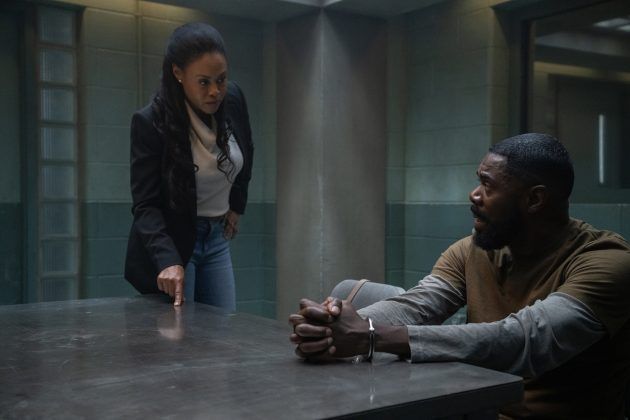
Netflix must
In several scenes, the revolver will be opposed to the telephone and social networks to symbolize two methods of action. In one case, the brutal threat will triumph and sometimes it will be the power of images which will prevail. The series will push this reflection on political engagement to its conclusion (vaguely reminiscent of that of the recent The Killer by David Fincher) where the question of legitimate violent action will be asked again. In short, all of this is frankly interesting, but will remain limited by a lack of overall audacity. The most complex subjects of The Madness will unfortunately, as the series progresses, be diluted in too wise narration (la signature Netflix).
Where the first episodes promised to analyze the rise of new supremacist movements and their connections with the political sphere, influencers and social networks, The Madness will gradually turn away from that to devote itself to more Hollywood issues. We will thus find the good old plot involving evil megacorporations and rich guys who have a god complex as big bad guys. We will oppose them with the sympathetic American father who will, in the middle of all this chaos, have to try to reconnect with his children, his ex-wife and his community. And we will have this happy ending sewn with white threads.
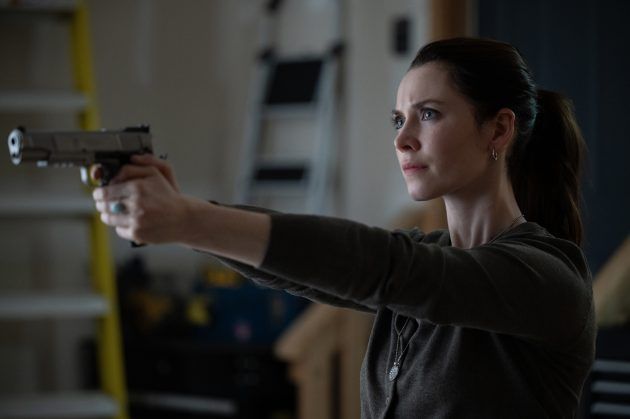
This is a shame, because it greatly minimizes the cynicism of the series which should have been the compass of the storyto give us a much more hopeless conclusion. Despite this regret, there remains Colman Domingo who, in his role as Muncie Daniels, successfully carries the series on his shoulders. It's very fun to see him playing Idris Elba in Luther (without matching the charisma, it must be admitted) and really have fun as a tormented action hero.
The other asset of The Madness is Tamsin Topolski, aka Lucie Snipes, the widow of the murdered supremacist. She particularly shines as a paranoid mother, forced to reconnect with her old clan of fascists to get some answers. A plot that we would have liked to see more of (instead of family stories), as the series owes its best scenes to it, including the one where one of Lucie's old friends (who is then immersed among the racist activists of her neighborhood) expresses his grief to him in a way that is as touching as it is creepy.
The Madness is available in full on Netflix since November 28, 2024 in France.
